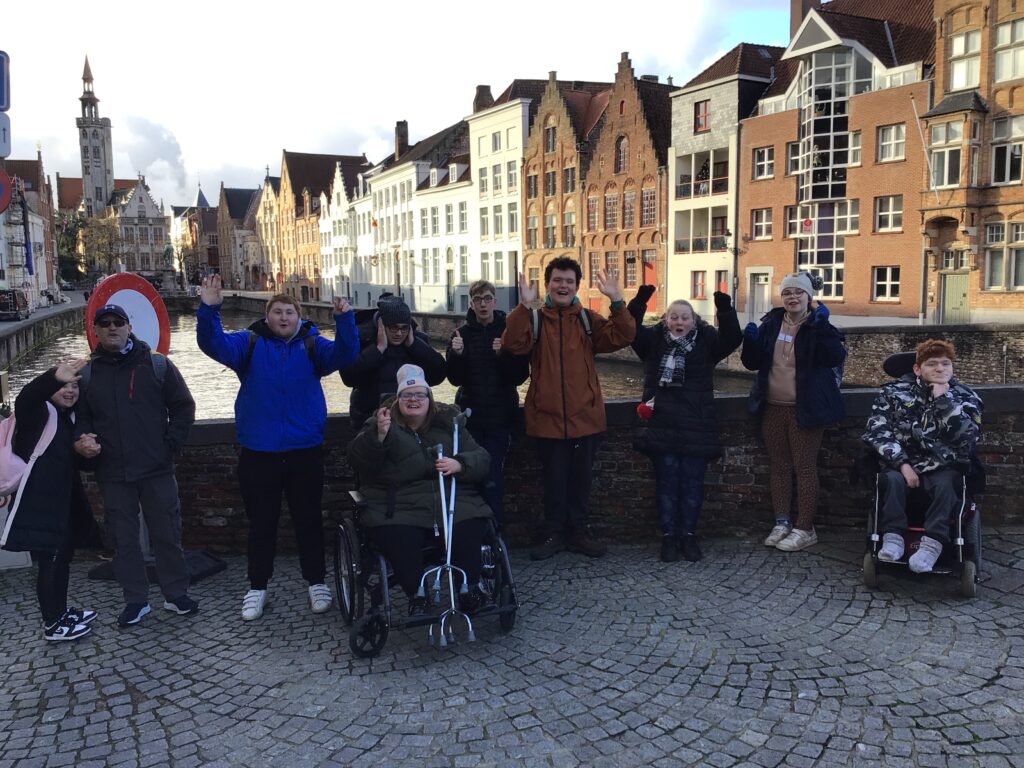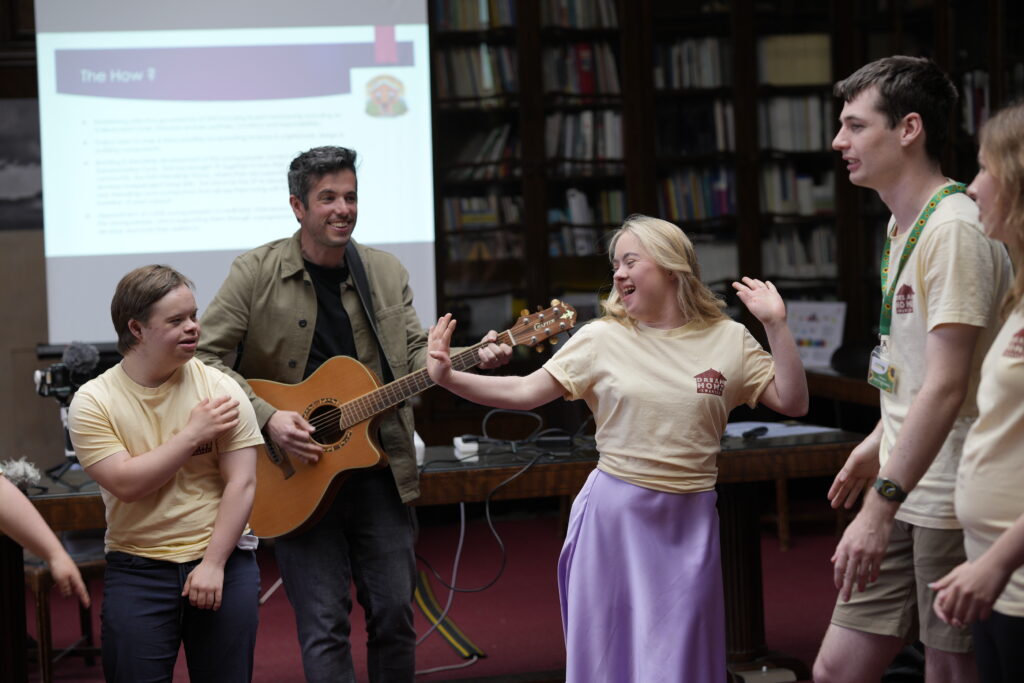Profiling the nominees for the Arts and Culture category
Sponsored by The Orchard Media & Events Group Ltd
This award recognises an outstanding contribution by an individual to the enhancement of Wales’ reputation in the arts or culture. This category will embrace all art forms, including design and architecture.
You can watch the video of the shortlisted nominees in the Arts and Culture category below:
The nominees are:
Edward Thomas
Over the past 10 years, Wales has seen great resurgence in its film and television industries. Productions such as Doctor Who, Torchwood, Sherlock, Casualty, Merlin, Being Human, Gavin & Stacey, Stella, Upstairs Downstairs and Da Vinci’s Demons are rapidly cementing the country’s leading position in the industry. Edward Thomas has played a central role in ensuring that the production and design talent required to support these industries can and should be home-grown, and in turn has provided valuable employment opportunities for a new generation of designers and makers.
After working in South Africa in 2005, he returned to Wales to help BBC Wales re-launch Doctor Who to a whole new generation. As the Production Designer he created an Art Department to bring to life the otherworldly travels of the new Doctors (Christopher Eccleston, David Tennant and Matt Smith). He worked on over 70 episodes of the new series, as well designing the spin-off series Torchwood and Sarah Jane Adventures. Sherlock, Outcasts and the feature film United followed, and most recently the Dylan Thomas film titled Set Fire to the Stars staring Elijah Wood, which also chose Swansea as its location of choice because of Edward and his teams ability to make Swansea look like New york.
John McGrath
John McGrath created Wales’ first ever English-language national theatre in 2009, and since then had overseen dozens of productions held all over Wales and as far away as Japan, to audiences of thousands in Port Talbot (The Passion, starring Michael Sheen), many thousands online (via the live- streaming of The Radicalisation of Bradley Manning), and tens of thousands in forests, miners’ institutes, on beaches and whole towns across Wales. One of his most successful ideas was to launch the company digitally, by creating a new online community which has by now risen to almost five thousand members, who chatter and debate about theatre, art, performance, writing, and politics.
John has been invited many times to explain his vision and methods to other theatre companies around the world. He is a very dedicated supporter in particular of emerging artists, for example the Somali poets from Butetown, Cardiff, who went on to create and perform in De Gabay. The National Theatre’s Assembly programme, another brainchild of John’s, has led to dozens of free performance and debate events held all over Wales and even Japan, created with the communities in which they’re held and discussing a subject matter of their choice. The legacy of many of these Assemblies has been tangible, rather than just ambitious, e.g the creation of a local radio station and a filmmakers’ club.
Mark Jermin
Mark Jermin showed a keen interest in performing arts at an early age winning local and national Eisteddfods in recitation and singing. As a solo boy soprano, singing with Côr Waunarlwydd, Swansea he performed in Germany and throughout the UK. Age 10, he chose not to accept a scholarship with St Paul’s Cathedral Choir in London, and attended Pontarddulais Comprehensive School in Swansea where his theatrical skills were developed taking leading roles in productions and winning the School Drama Award.
At the age of only 15, he established a small drama group passing on his knowledge and theatre skills to his sister and a group of her friends in a community hall in Swansea. He is now the Managing Director of the Mark Jermin Stage School and Management Agency and works with 9 schools across South Wales and a further 3 schools in key locations in England including Bristol, Bath, Brighton and London. The head office of Mark Jermin Management is based in Swansea with a satellite office in Central London.
In 2004, the Mark Jermin Stage School was the subject of a BBC fly on the wall, prime time documentary, ‘Star Struck’, following the trials and tribulations of the children during their classes, rehearsing for shows and attending auditions and film shoots.








